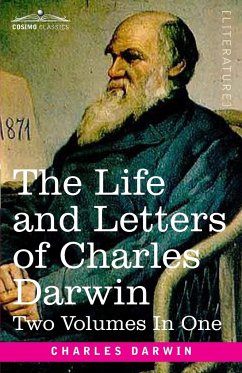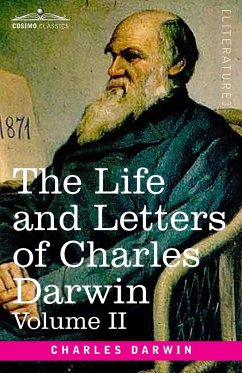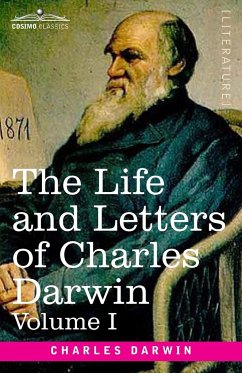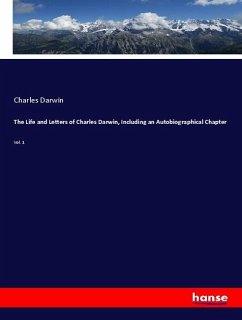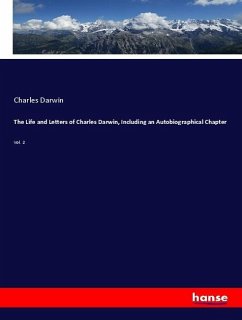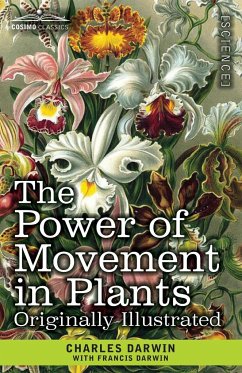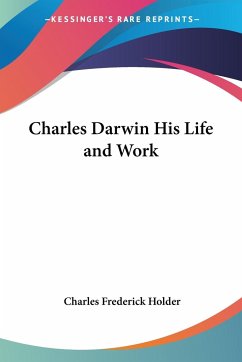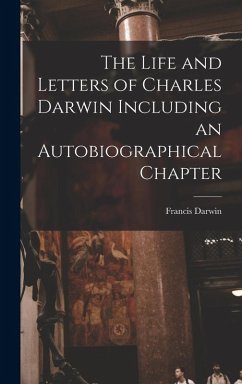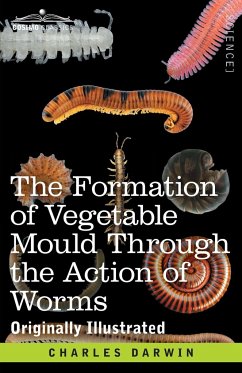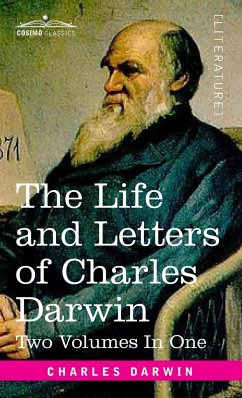
The Life and Letters of Charles Darwin, Two Volumes in One
including an Autobiographical Chapter

PAYBACK Punkte
31 °P sammeln!
"If we choose to let conjecture run wild, then animals, our fellow brethren in pain, disease, death, suffering and famine-our slaves in the most laborious works, our companions in our amusements-they may partake from our origin in one common ancestor-we may be all melted together." -Charles Darwin, The Life and Letters of Charles Darwin, Volume II (1896) The Life and Letters of Charles Darwin, including an Autobiographical (Two Volumes in One) (1896) is a compilation of letters written by Darwin, as well as an autobiographical chapter intended less for publication and more to inform his childr...
"If we choose to let conjecture run wild, then animals, our fellow brethren in pain, disease, death, suffering and famine-our slaves in the most laborious works, our companions in our amusements-they may partake from our origin in one common ancestor-we may be all melted together." -Charles Darwin, The Life and Letters of Charles Darwin, Volume II (1896) The Life and Letters of Charles Darwin, including an Autobiographical (Two Volumes in One) (1896) is a compilation of letters written by Darwin, as well as an autobiographical chapter intended less for publication and more to inform his children and grandchildren. It also focuses on the foundations, growth, and writing of The Origin of Species. This glimpse into Darwin's early years as a naturalist and of his family life is a must read for all who love science and history.





